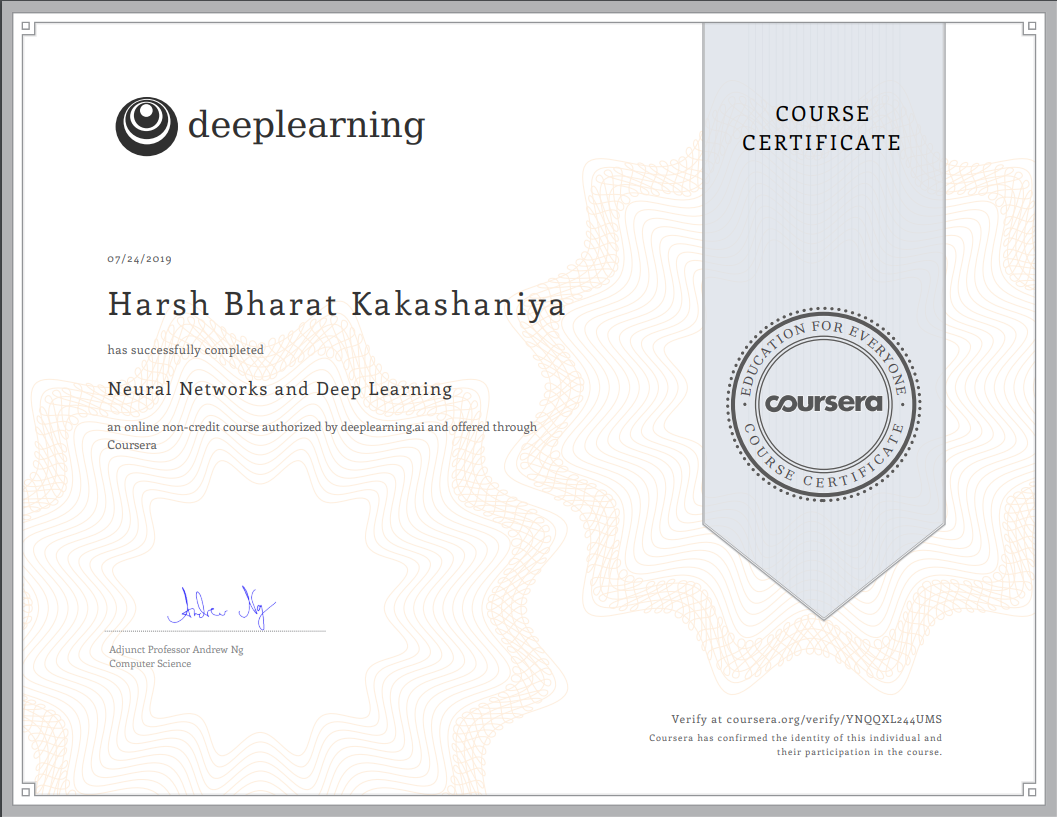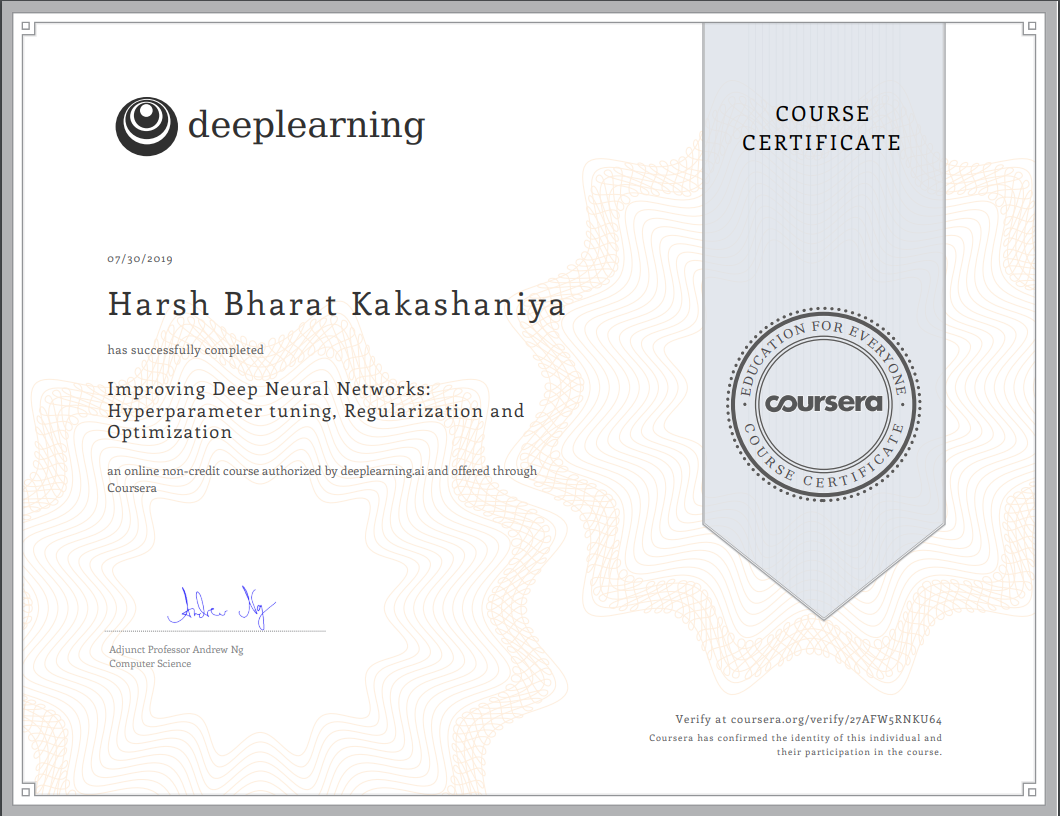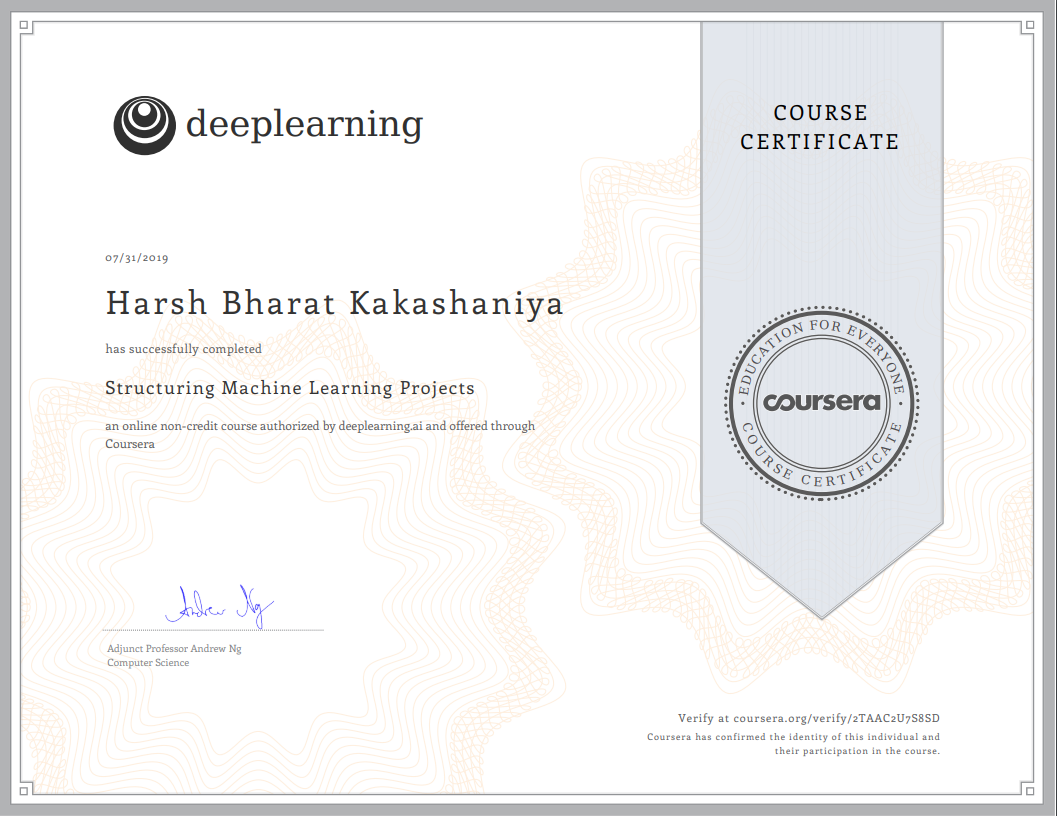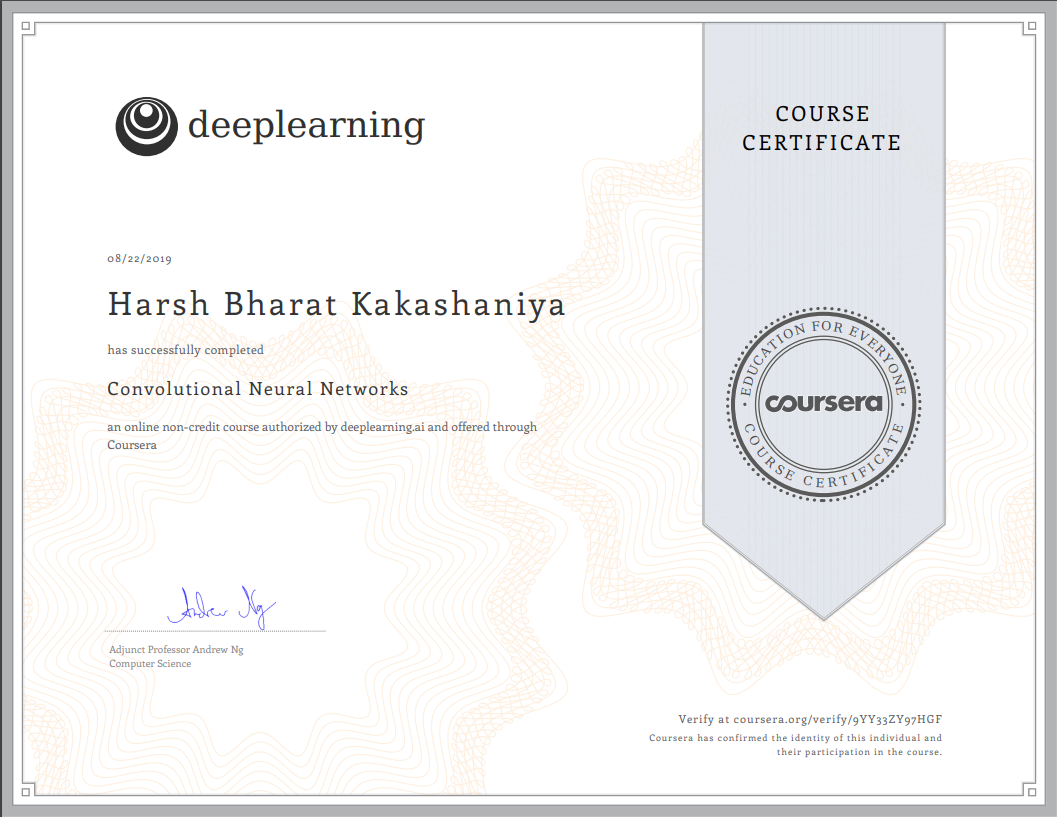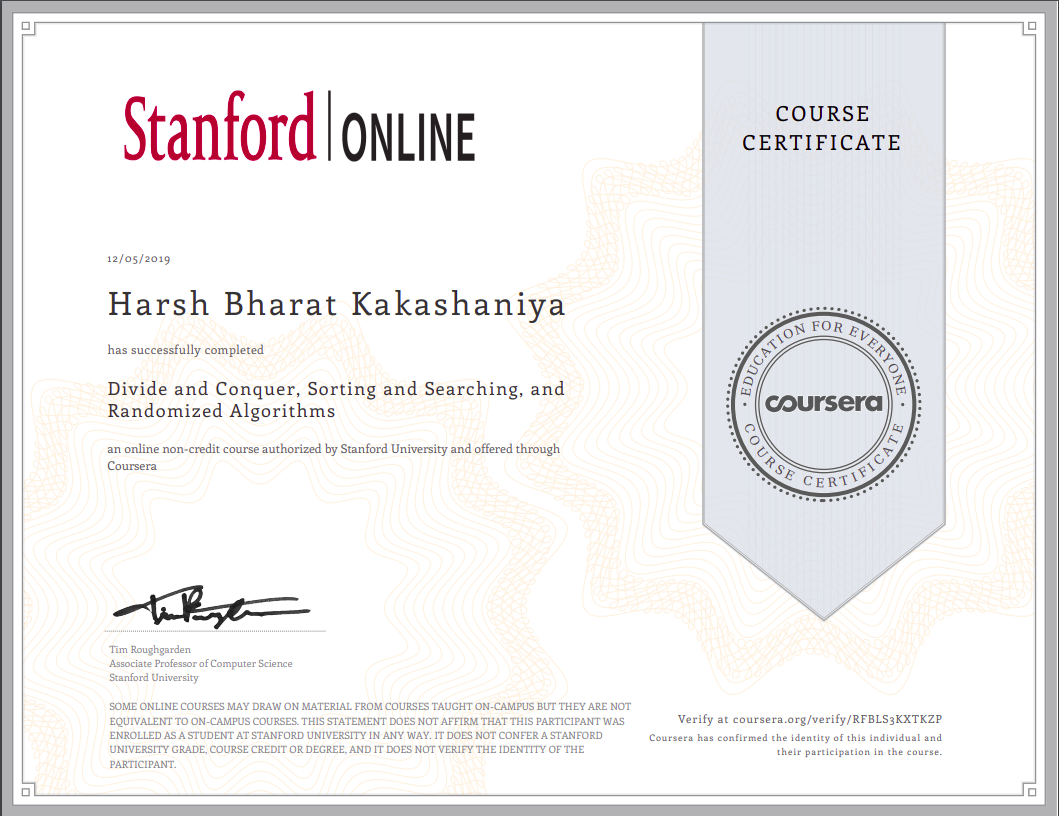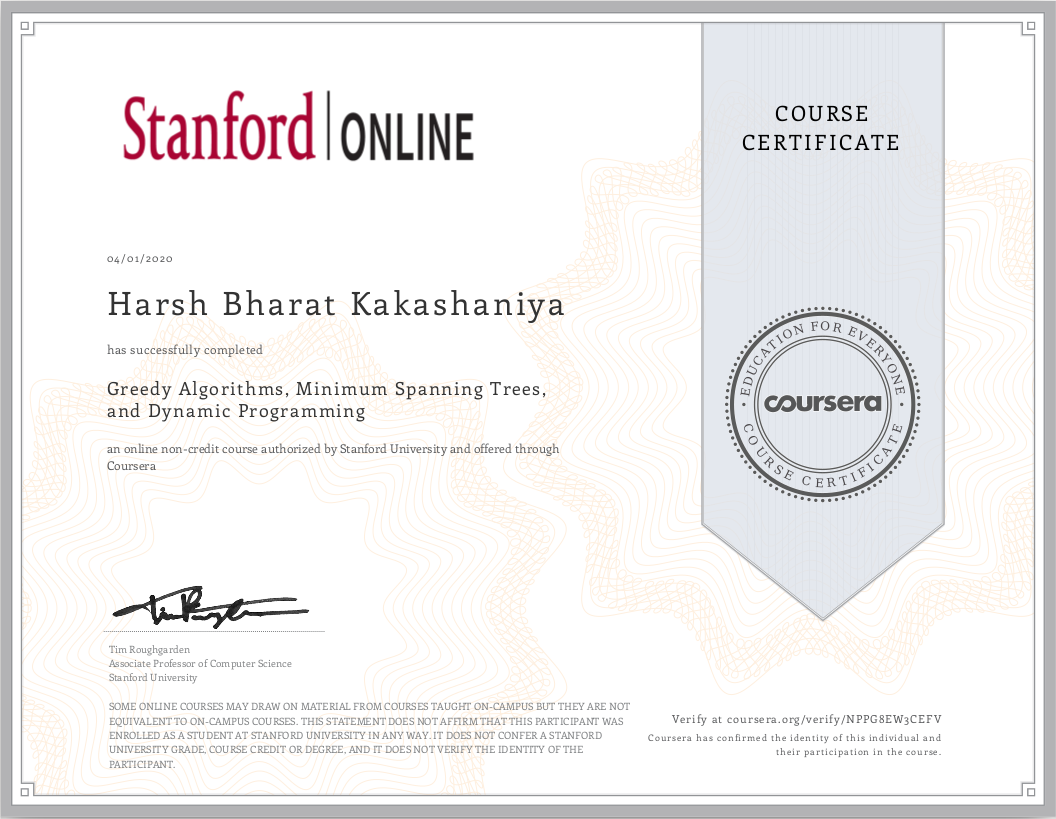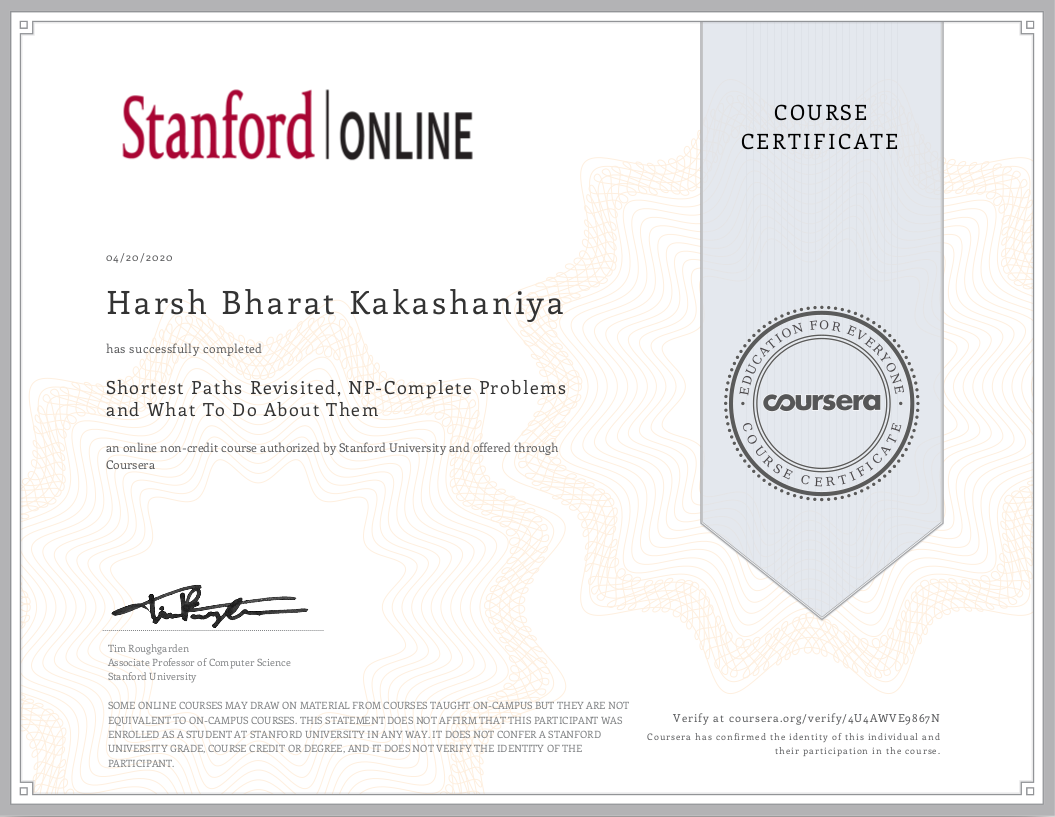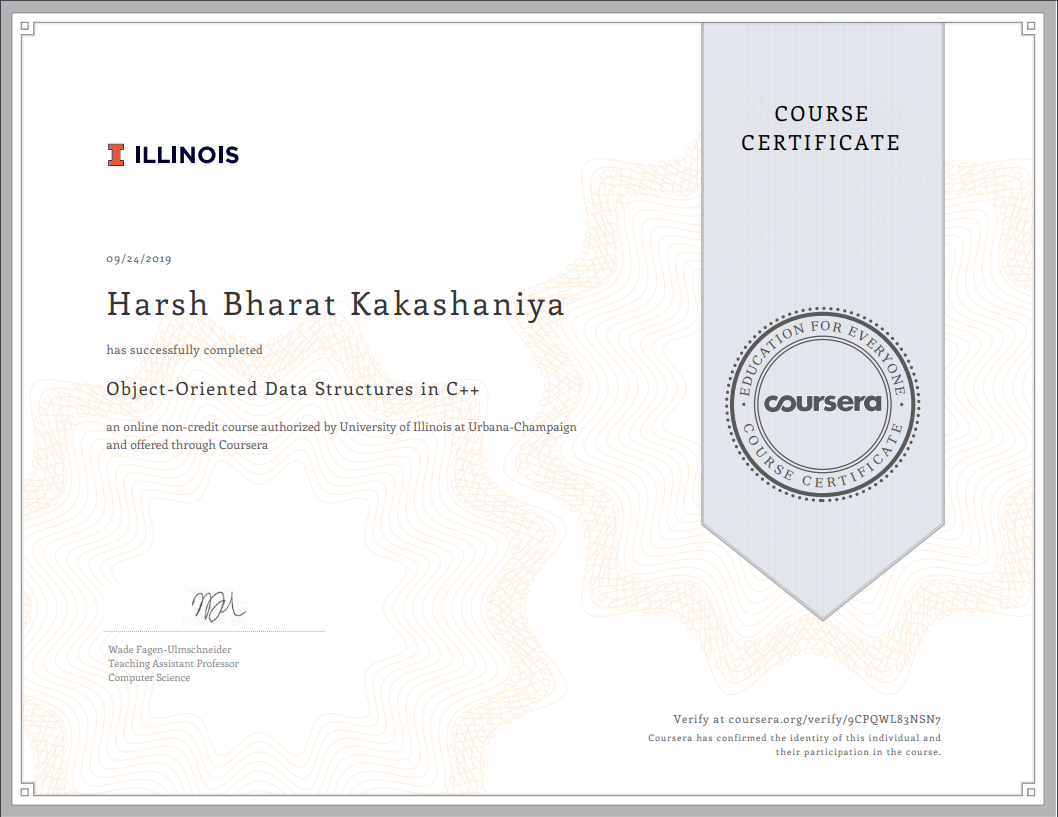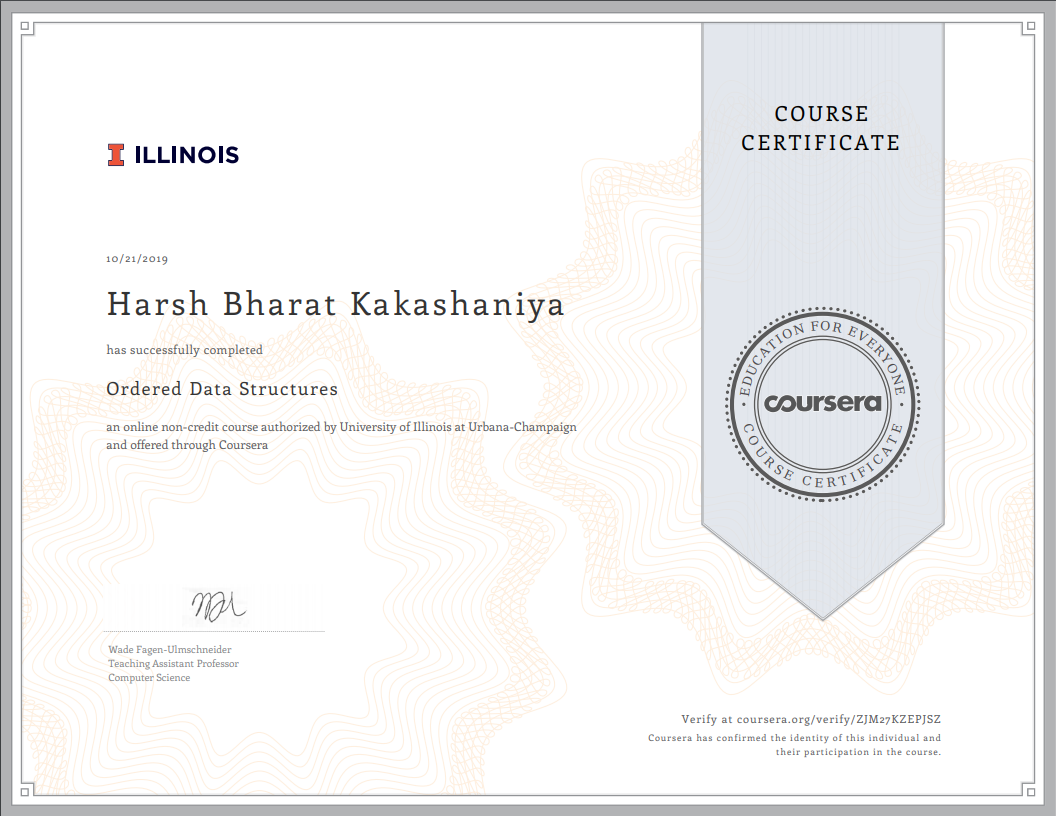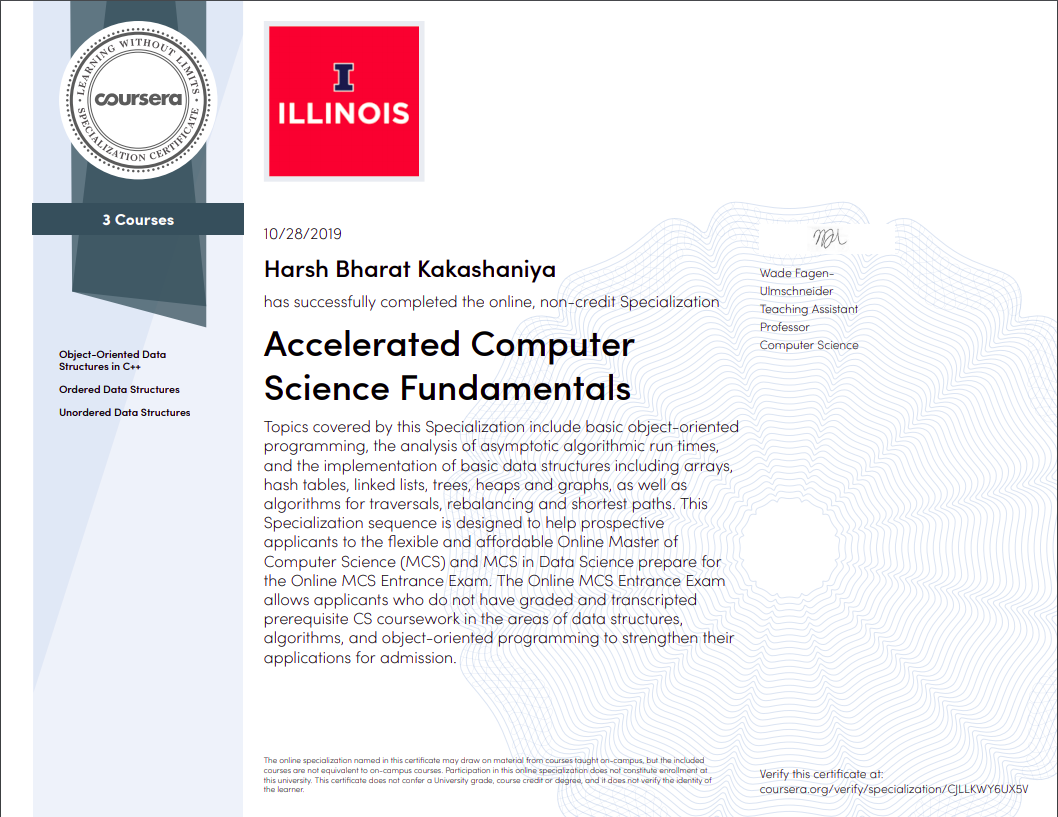C++ Developer (Udacity Nanodegree)
Get hands-on experience by coding five real-world projects. Learn to build a route planner using OpenStreetMap data, write a process monitor for your computer, and implement your own smart pointers. Finally, showcase all your newfound skills by building a multithreaded traffic simulator and coding your own C++ application.
1. C++ Foundations:
Learn how to develop, compile, and execute C++ programs as well as syntax, functions, containers, and how to link together multiple files.
2. Object-Oriented Programming (OOP) :
Learn to build classes, interfaces, and generic templates to create an object-oriented C++ program. Learn how modern C++ includes many tools for writing clean, reusable code.
3. Memory Management :
Learn to control static and dynamic memory in C++ using the Resource Acquisition Is Initialization pattern, pointers, references, and move semantics.
4. Concurrency :
C++ supports running multiple execution paths in parallel. Learn how to launch process and threads in order to execute logic in parallel. Then advance to thread synchronization and communication, to experience the full power of concurrent programming.
5. Capstone Project :
In your Capstone Project, you will put all of your new C++ skills to use! Utilize the core concepts from this Nanodegree program - object-oriented programming, memory management, and concurrency - to build your own application using C++.
C++ Developer Nanodegree
Deep Learning
If you want to break into AI, this Specialization will help you do so. Deep Learning is one of the most highly sought after skills in tech. We will help you become good at Deep Learning.
In five courses, you will learn the foundations of Deep Learning, understand how to build neural networks, and learn how to lead successful machine learning projects. You will learn about Convolutional networks, RNNs, LSTM, Adam, Dropout, BatchNorm, Xavier/He initialization, and more. You will work on case studies from healthcare, autonomous driving, sign language reading, music generation, and natural language processing. You will master not only the theory, but also see how it is applied in industry. You will practice all these ideas in Python and in TensorFlow, which we will teach.
You will also hear from many top leaders in Deep Learning, who will share with you their personal stories and give you career advice. AI is transforming multiple industries. After finishing this specialization, you will likely find creative ways to apply it to your work.
We will help you master Deep Learning, understand how to apply it, and build a career in AI.
Neural Networks and Deep Learning
Improving Deep Neural Networks: Hyperparameter tuning, Regularization and Optimization!
Structuring Machine Learning Projects!
Convolutional Neural Networks!
Algorithms Specialization(Stanford University)
Algorithms are the heart of computer science, and the subject has countless practical applications as well as intellectual depth. This specialization is an introduction to algorithms for learners with at least a little programming experience. The specialization is rigorous but emphasizes the big picture and conceptual understanding over low-level implementation and mathematical details. After completing this specialization, you will be well-positioned to ace your technical interviews and speak fluently about algorithms with other programmers and computer scientists.
About the instructor: Tim Roughgarden has been a professor in the Computer Science Department at Stanford University since 2004. He has taught and published extensively on the subject of algorithms and their applications.
Divide and Conquer, Sorting and Searching, and Randomized Algorithms
Graph Search, Shortest Paths, and Data Structures
Greedy Algorithms, Minimum Spanning Trees, and Dynamic Programming
Shortest Paths Revisited, NP-Complete Problems and What To Do About Them
Accelerated Computer Science Fundamentals
Topics covered by this Specialization include basic object-oriented programming, the analysis of asymptotic algorithmic run times, and the implementation of basic data structures including arrays, hash tables, linked lists, trees, heaps and graphs, as well as algorithms for traversals, rebalancing and shortest paths.
This Specialization sequence is designed to help prospective applicants to the flexible and affordable Online Master of Computer Science (MCS) and MCS in Data Science prepare for the Online MCS Entrance Exam.

